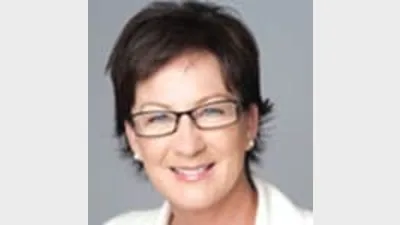SMSFs should be included in trans-Tasman transfers



Australian self-managed superannuation funds (SMSFs) should be able to receive superannuation transfers from New Zealand, according to the Self-Managed Super Fund Professionals' Association (SPAA).
SPAA chief executive Andrea Slattery described as counter-productive and discriminatory proposals to exclude SMSFs from the proposed Australia and New Zealand superannuation accord.
"This restriction as to where New Zealand-sourced retirement savings can be directed in Australia is unneeded and unwarranted," she said.
"It is especially unwarranted in light of a review of the governance, efficiency, structure and operation of Australia's superannuation system (the Cooper Review) findings that the SMSF sector was largely a successful and well-functioning part of the system."
Slattery said the suitability of SMSFs as a destination for New Zealand-sourced retirement savings was strengthened by the compliance-based regulation undertaken by the Australian Taxation Office (ATO).
She said she was concerned that the exclusion of SMSFs would result in about one-third of the superannuation industry being unable to be part of the trans-Tasman portability scheme.
"This could significantly reduce the effectiveness of the measure, with more and more Australians choosing SMSFs as their preferred savings vehicle to fund their retirement," Slattery said.
Recommended for you
ASIC has commenced civil penalty proceedings in the Federal Court against superannuation trustee Diversa Trustees, regarding the First Guardian Master Fund.
The winners have been announced for the 2025 Super Fund of the Year Awards, held in Melbourne on 26 November by Money Management's sister brand Super Review.
Data and technology provider Novigi has acquired Iress’ superannuation consulting and managed services business from Apex Group.
AMP is to launch a digital advice service to provide retirement advice to members of its AMP Super Fund, in partnership with Bravura Solutions.











